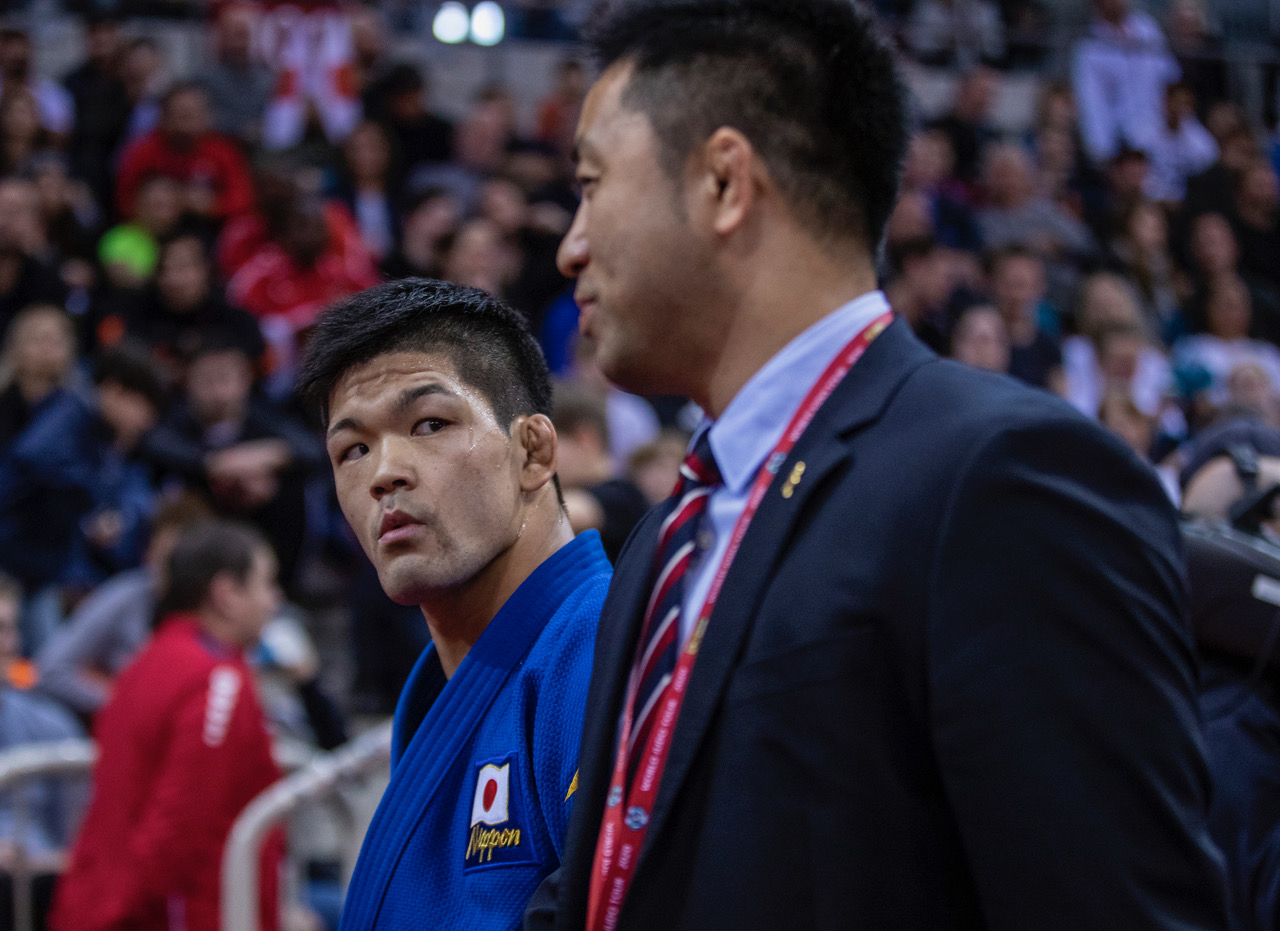Do you wonder why Japan’s judokas were so successful at the Olympics? We have investigated and brought top four reasons! Check them out here, from the article by Judo Inside.
Japan is the birthplace of Judo, and this sport is among the most popular in the country. These Olympics have been the most successful in the history of Japan’s sport, despite all challenges everybody faced due to the Covid-19 pandemic. Judo contributed the most in Japan’s Olympics gold rush, as a 14-player team ended up at the podium 12 times. And from those 12 medals, Japanese judokas won nine gold! They had never experienced such a success, and we wanted to dig into the reasons for Japan’s dominance in Judo. If you are curious too, join us in discovering the top four reasons why Japan’s judokas were so successful at the Olympics.
Home Tatami
Competing at the home ground always adds a bit of advantage for the host players or teams. Although Japan’s judokas didn’t have the privilege to be cheered by the home crowd due to strict anti-pandemic protocols, they certainly had an additional strength since they performed on the home tatami. Nippon Budokan is a sacred place for all Japanese judokas. They definitely feel more inspired in a bout at this arena that was built for the Tokyo Olympics 1964. It is a highly hallowed venue, especially in Japan, and their judokas always give a bit more than expected on this arena’s tatami. We should definitely have this in mind while betting on judo. And if you look for the websites famous in Japan to place wagers, check the betting sites over here.
Tradition
As we already said, judo originates from Japan, and it is a traditional sport in this country. This martial art combines athletic force and mental strength, which perfectly reflects the Japanese soul. Therefore, it is very important in Japan, not only as a sport but as a heritage representing this nation’s pride.
Jigoro Kano created judo in the 19th century, and this martial art was introduced in the Olympics program in Tokyo 1964. Guess which country is the most successful in the Olympics’ history of judo? Of course, it’s Japan. Fifty judokas represented Japan in the Olympics history, and they bagged 84 medals. Japan won more medals than any other country in judo.
They have many experienced coaches and a bunch of young talents. After decades of hard training and patience, the best ones got filtered to unite the spirit and body and synchronize strength and technique. As a traditional society, Japan always strives for the best possible results in this sport. Winning a gold medal and listening to the national anthem is the ultimate goal of all Japan’s judokas, as it is their way to preserve tradition.
London Failure
However, Japan’s judokas hadn’t always been successful at the Olympics. They had a very bad experience in London 2012. Although they were projected to dominate at least half of 14 categories, they got back home with seven medals, but just one gold. Those were tough times for judo in Japan, as everybody thought their dominance ended.
The London Olympics were just the culmination of Japan’s steep judo decline. They picked up eight golds two cycles earlier in Athens, while that figure got halved four years later in Beijing. Just one gold in London fired the alarm, and Japan’s public wanted a judo revolution.
Although their judokas were successful in the World Championships and topped the world rankings, they were eliminated too early in the competition. However, they analyzed the situation well and trained hard to get back on the winning track. That hard work brought them impressive results nine years later, as Japan’s judokas booked the biggest success so far. They needed to hit bottom to get back in the great fashion and collect nine golds at just finished tournament. Although they failed to set the gold medal counter to ten after being defeated against France in the Mixed team category, Japan can be delighted with its judo lineup.
Find the full article here.



